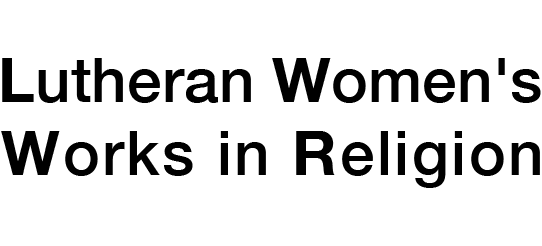Category: Theology
JOURNAL ARTICLES
Kelly Denton-Borhaug "Sacrifice and U.S. War-Culture" In Prajna Vihara: Journal of Philosophy and Religion. vol. 10, no. 1-2, Assumption University Press: Graduate School of Philosophy and Religion at Assumption University, Thailand Jan-Dec 2009What would we say about the losses associated with war if we did not describe them as sacrifices? How is this experience influenced by narratives of Jesus‘ cosmic sacrificial self-giving? This article explores the electrical exchange of sacrificial frameworks in U.S. war-culture and popular Christian understandings and practices to ask: Is there a way to rehabilitate understandings of sacrifice in Christianity without aiding and abetting war?
First, this article summarizes the findings of a comprehensive resource, Torture and Democracy, by Darius Rejali, as a corrective for the current state of confusion and concealment in the United States with respect to the persistence of torture. Second, it theologically responds a) by reflecting on victims of torture as ―nonpersons‖ in light of theological anthropology, and b) by addressing how sacrificialism in religion influences social assumptions about torture.
This article draws on analysis of the ―logic of masculinist protection,‖ outlined by Iris Marion Young to describe the security regime that emerged in the United States following Sept. 11, 2001. Young‘s analysis is brought to bear to explore Augustine‘s writing on war. I probe how ―necessity‖ and ―sacrifice‖ in Christian ethics and theology wittingly/unwittingly undergirds the logic of masculinist protection in just war culture.
The language of “sacrifice” in official U.S. government communications was strategically utilized to generate support for the Iraq war in the American public following Sept. 11, 2001. I explore victimage rhetoric and framing, and feminist theological criticisms of Christian atonement metaphors to argue that familiar religious connotations of sacrificial language created a frame with deep emotional resonance that encouraged quietistic support for war.
This article explores the shift taking place on college campuses regarding religious and spiritual beliefs, through analysis of the findings of a ‘spirituality survey’ at Goucher College in 2003-2004. Published jointly by EDUCATION as Transformation and NASPA. Fall, 2004; and Journal of Religion and Education, Fall, 2004.
Reflections and analysis of pedagogical strategies co-teaching ―Feminism and Families.‖ Students studied the structural bases of women‘s poverty and experiences of domestic violence, and philosophical and theological analyses of poverty and violence. This study was embodied through service by students and faculty at a local transitional housing facility for women survivors and their families. With Dr. Susan Stocker.

